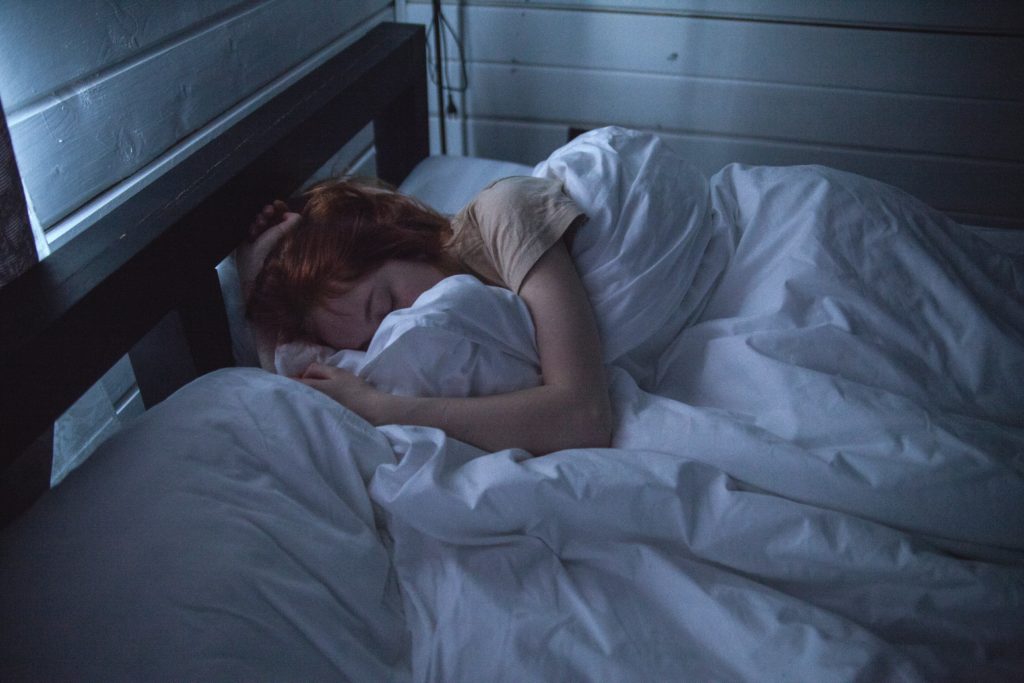What is melatonin and why do you need it for sleep?
Getting to sleep isn’t as simple as shutting your eyes and nodding off. Your ability to sleep relies on a number of hormones to work in sync. One of these is melatonin.

What is melatonin?
You may have heard about melatonin but are unsure of what it is and the role it plays in your sleep.
Melatonin is a hormone that is naturally produced in your body, and it works together with your circadian rhythm. For this reason, it’s sometimes called the ‘sleep hormone’ as high levels help you fall asleep.
Melatonin doesn’t ‘knock you out’ so to speak, but it does help prepare your body for sleep, by letting you know when it’s time to relax.
What does it do?
Your circadian rhythm is your body’s internal clock that regulates your sleep patterns. It lets you know when it’s time to sleep, time to wake, and time to eat. Melatonin levels vary over a 24-hour period. Production of melatonin is reduced when you’re exposed to bright light and begins to rise in your body when it starts to get dark.
Levels of this hormone begin to rise about 2 hours before you go to sleep. These increased hormone levels signal to your body that it’s time to relax and prepare to go to sleep. It does this by reducing nerve activity in your body, and reducing dopamine levels, a hormone that helps you stay awake.
Why is melatonin important for sleep?
Without adequate levels of melatonin you may struggle to fall asleep or stay asleep. Things that may cause low levels of this sleep hormone at night include:
- stress
- smoking
- exposure to too much light (including blue light)
- not getting enough natural light in the day
- shift work.
What can you do to increase melatonin?
There are a number of ways you can naturally increase your levels of melatonin, so you can get to sleep easily. These include:
- increasing the amount of natural sunlight exposure during the day
- going to bed early enough to get at least 7-8 hours of sleep. When you stay up late, your body won’t produce enough melatonin at the right time.
- avoiding screens and blue light before bedtime
- ensuring your bedroom is dark
- managing your stress levels, and develop a relaxing pre-sleep routine
- reducing foods that interfere with your sleep
- avoiding caffeine, alcohol and other stimulants before bed.
You might also consider a melatonin supplement. Taken in this way, melatonin can help re-set your ‘body clock’ to help you fall asleep more quickly and stay asleep for longer. However, before taking any kind of supplements, you should discuss with your health care provider, to make sure they’re suitable for you.
One of the key things when it comes to getting a good night’s sleep is the right mattress. If it’s too hard or too soft, you’ll find it difficult to get comfortable. But with the right support, you’ll be sleeping soundly all night. At BedGuard our mattresses are waterproof, antibacterial, hypo-allergenic, stain resistant, odour resistant and dust mite resistant. Why not browse our range today.





